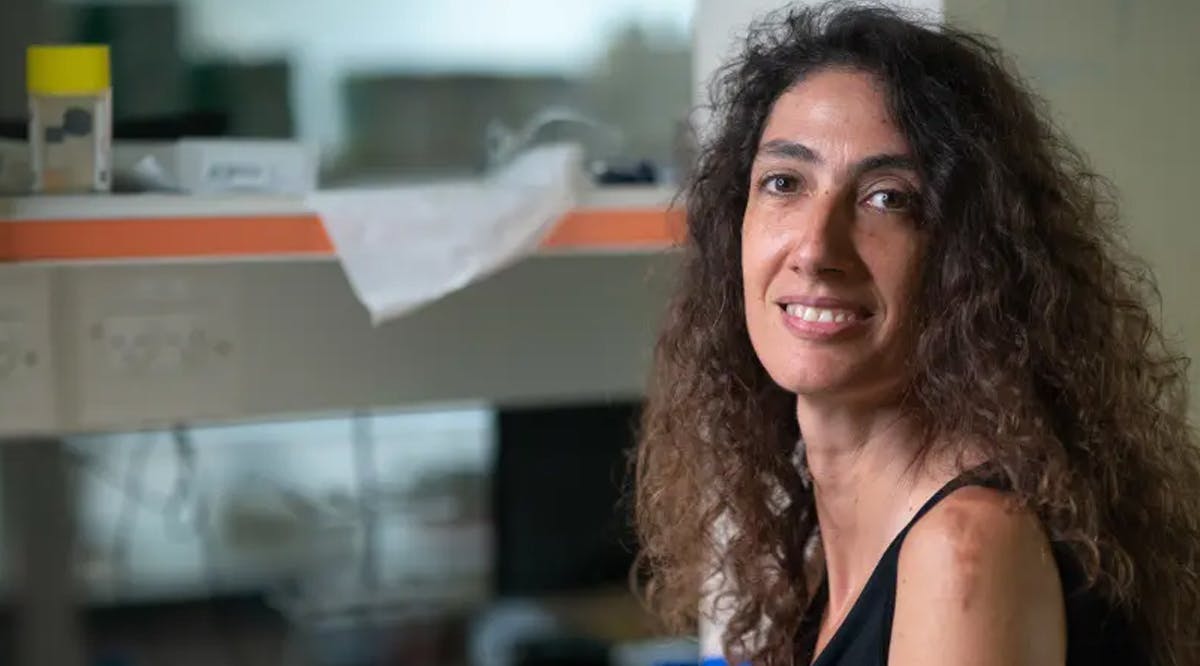
Technion Researchers Make Breakthrough in Alzheimer's Disease Research
Researchers from the Technion - Israel Institute of Technology and the French National Centre for Scientific Research (CNRS) developed a molecule that could slow the progress of Alzheimer's Disease, according to a report published in the Angewandte Chemie last week.
One cause of this neurodegenerative disease is an excess of copper ions within cells. When oxidizing agents called free radicals are formed by the copper and amyloid-beta complex Cu–Aβ, damage may be caused to brain cells. However, removing the copper breaks this substance down, preventing cell death and inhibiting the development of Alzheimer's Disease.
Copper is separated from the amyloid by introducing molecules that bind the copper ions, a process known as chelation. This can be difficult as the molecules must be stable and resistant to oxidation-reduction reactions. They also must not bind zinc ions because these are necessary for normal brain functioning and binding them will prevent the molecules from binding copper.
The artificial molecule developed by the researchers, called P3, can bind copper, forming CuP3, and remove the copper from the amyloid, thereby inhibiting the formation of harmful oxidizing agents. One caveat is the molecule binds zinc as well, but the bond is relatively weak and causes the zinc-amyloid complex to be unstable; therefore, P3 mostly binds copper.
These findings, by Professor Galia Maayan and doctoral student Anastasia Behar of the Technion's Schulich Faculty of Chemistry, as well as Prof. Christelle Hureau from the Laboratoire de Chimie de Coordination du CNRS, Toulouse, France, break new ground in research toward the treatment of Alzheimer's, a debilitating disease with no known cure. (JPost / VFI News)
“Behold, I will bring to it health and healing, and I will heal them and reveal to them abundance of prosperity and security.” - Jeremiah 33:6